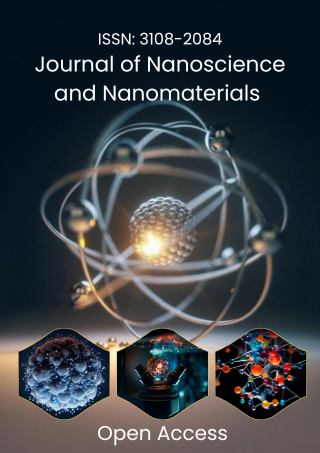Nanosensors and Biosensors
Nanosensors and biosensors are highly sensitive analytical devices that integrate nanotechnology and biological recognition elements to detect chemical, biological, or physical changes at the molecular level. Nanosensors utilize nanomaterials such as carbon nanotubes, quantum dots, and metallic nanoparticlesto enhance signal sensitivity, selectivity, and response time. Biosensors, a subset of nanosensors, employ biological components like enzymes, antibodies, nucleic acids, or cells to recognize specific analytes, converting biochemical interactions into measurable signals through transducers. These technologies play a critical role in diverse applications, including medical diagnostics, environmental monitoring, food safety, and homeland security. In healthcare, nanosensors enable early detection of diseases, point-of-care testing, and real-time monitoring of physiological parameters with high accuracy. The continued advancement in miniaturization, functionalization, and multiplexing capabilities makes nanosensors and biosensors essential tools in the move toward personalized medicine and smart diagnostic platforms.
Article Processing Timeline
| 2-5 Days | Initial Quality & Plagiarism Check |
| 15 Days |
Peer Review Feedback |
| 85% | Acceptance Rate (after peer review) |
| 30-45 Days | Total article processing time |
Journal Flyer


